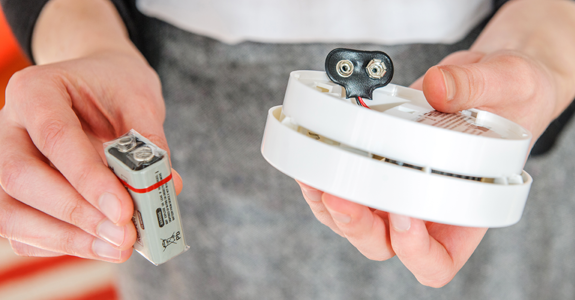Tips to Protect Your Home From Fire


Did you know that a residential fire occurs approximately every 90 seconds in the United States? While nearly half of these events are typically the result of a cooking incident, a fire can start in any part of your home. From the basement to the attic, it’s critical to assess whether you are implementing the best fire prevention practices throughout your property. To help you do this, we have created a downloadable information sheet that offers you several home fire prevention and safety tips, including suggestions on:
There is a lot you can do to better protect your property and family from a fire. This tips sheet may help you not only recognize potential fire hazards around your home but also understand how to address any issues you discover.
Download the tip sheetReading this information should also provide you with a better understanding of the leading causes of home fires—beyond accidents in the kitchen. In addition, it includes recommendations from fire safety experts, such as the American Red Cross and the National Fire Protection Association, on developing an emergency escape plan. If a fire or any other similar disaster occurs, having a plan that you and your family have practiced regularly can help save lives and potentially limit the damage to your property and belongings.
A fire is one of the most devastating events a homeowner can experience. Your independent insurance agent can play an important role in helping you and your family navigate the recovery process. If you have a home fire, you should contact your local professional as soon as possible to report the how, when, and where of any damages caused by the flames, heat, and smoke, and even by the water used to put out the fire. Once your agent has all the information they require, they will be able to initiate the claims process.
Would you like additional prevention and safety tips that may help you better protect your valuable property? Please check out our blog for more insights. There, you will find informational articles on how to prepare for a hurricane, how to avoid bathroom water damage, ways to theft-proof your home, and more. At The Andover Companies, we are dedicated to helping you take exceptional care of one of your most important investments.
Click on the Find an Agent button to search for independent insurance agencies near you.
Contact the independent insurance agency you would like to work with by phone or email.
Leave it up to your agent to uncover the best coverage solutions for your valuable property.